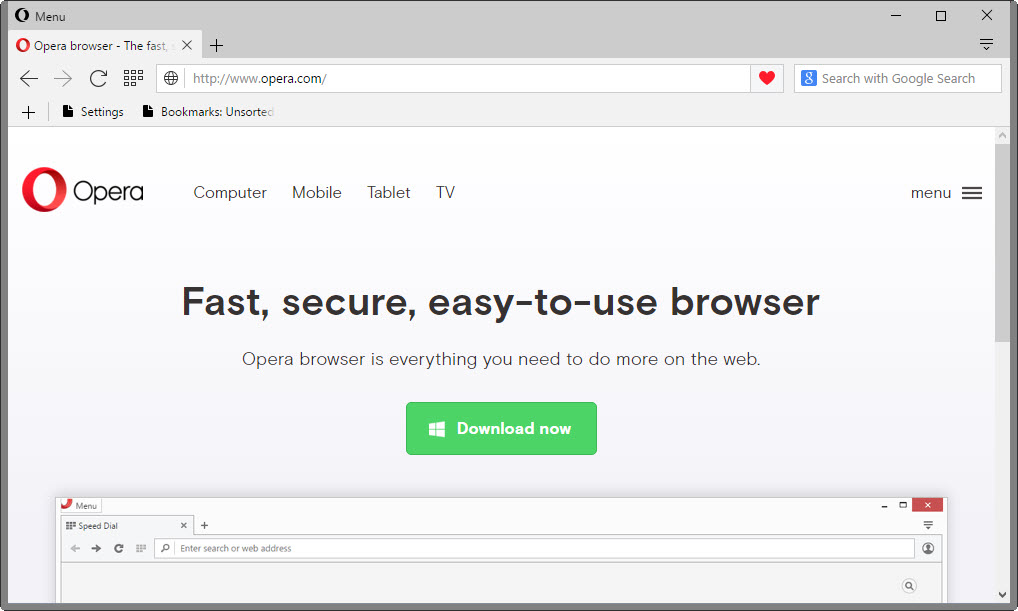Opera Software shareholders greenlight sale
The sale of Opera Software to a Chinese consortium for 1.2 billion US Dollars has received the required 90% shareholder acceptance rate.
Rumors that Opera Software was up for sale emerged as early as 2012 but nothing came out of the rumored acquisition of the company by Facebook.
It was revealed in February 2016 that a consortium of Chinese Internet companies, among them Kunlun and Qihoo 360, have offered 1.2 billion US Dollars for the Norwegian company.
Opera Software, best known for the Opera web browser available for desktop and mobile devices but more successful in the advertising business, announced yesterday that the 90% shareholder acceptance rate has been reached.
The offer period for the Offer expired at 16:30 (CET) on 24th May 2016. The preliminary result, which is subject to confirmation and may be adjusted, is that the Offeror has received acceptances of the Offer for in total 132,911,316 shares in the Company representing approximately 90.6% of the outstanding share capital and 90.9% of the votes in the Company.
While a preliminary result, it seems likely that the final acceptance rate won't fall under the 90% mark.

Acceptance of the deal by shareholders is an important step but it is not the last. Authorities in both Norway and in China need to approve the deal as well.
It is rather interesting to note that core Opera executives, notably Opera CEO Lars Boilesen and CTO Håkon Wium Lie, told TechCrunch that the decision to sell Opera Software was not made by them.
“I have been working for Opera since ’99, Håkon ’98,” Boilesen said. “He’s No. 8; I’m No. 16. We’ve been with Opera for many years. We got listed on the Stockholm stock exchange in 2004. So basically, the shareholders — they decided to initiate this process. It was kind of their decision. It wasn’t our decision.”
That does not imply that the executives don't approve of the decision on the other hand.
It is unclear right now how the deal will impact Opera Software's operations, but it would certainly help Opera Software in the Chinese market.
Opera Software has added several interesting updates to the Opera browser in the last couple of months.
Power Saver has been designed to reduce power consumption of the browser when the device it is running on runs on battery.
Opera VPN on the other hand is a built-in browser proxy to improve user privacy while using the web browser.
Now You: What's your take on the deal?
This article was first seen on ComTek's "TekBits" Technology News

- Log in to post comments